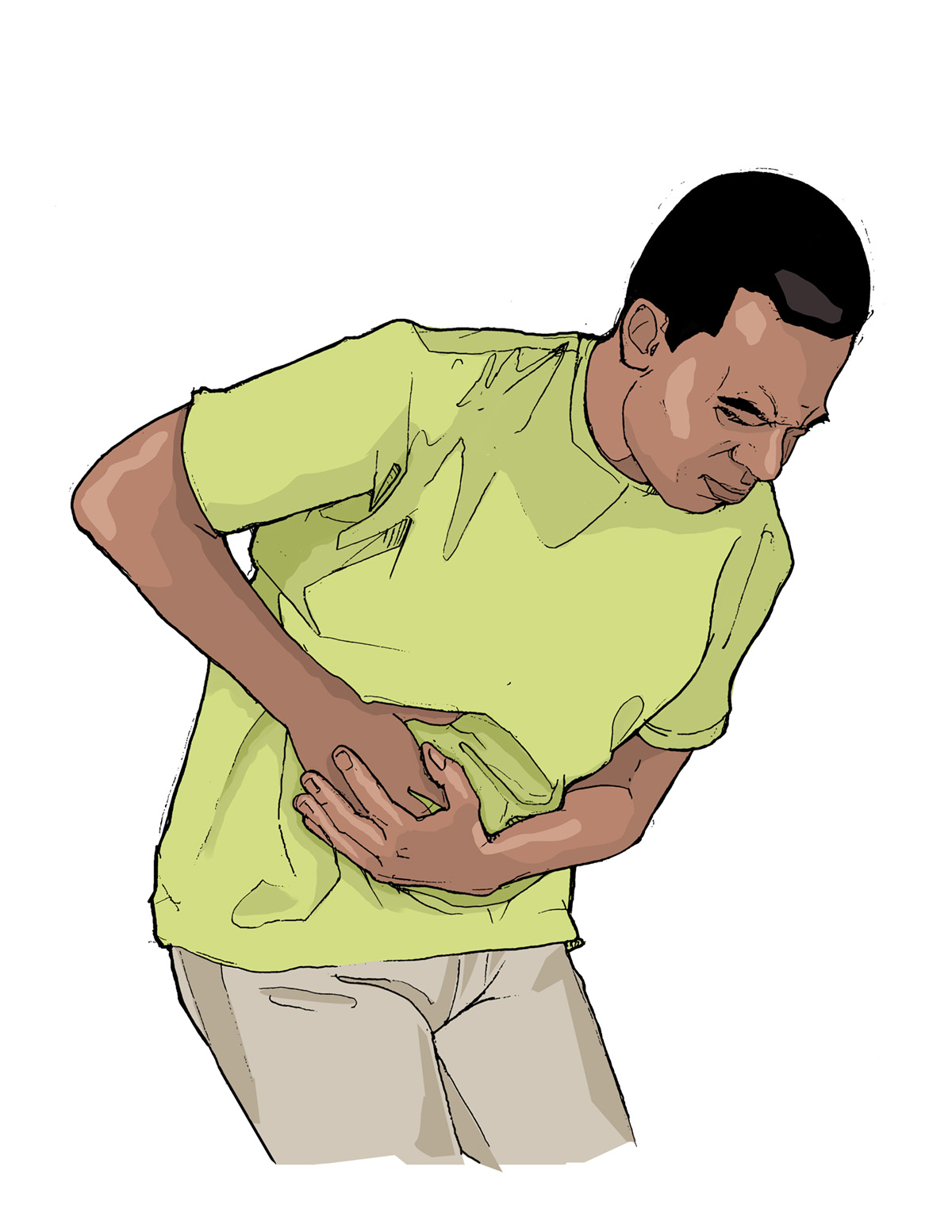
Dumping syndrome includes a variety of symptoms which develops after the surgical removal of entire or only parts of the stomach. The syndrome may also develop in a case of gastric bypass surgery which is conducted in overweight people. Up to a half of all patients experience this dreadful disease. There is one hypothesis according to which the rather important role in the syndrome belongs to gastrointestinal hormones.
In all these people inappropriately digested content of stomach ships quickly into small intestine. This feeling is rather unpleasant. The symptoms are mainly experienced right after the meal. Still some patients tends to develop problems within few hours after the meal. The intensity of symptoms varies from mild to rather severe ones. The condition is not permanent. It may vanish without any treatment or can be improved by strict dietary regimes.
What causes dumping syndrome is the impossibility of the stomach to regulate the process of digestion. The food is not digested enough since the parts of the stomach have been removed. In patients whose entire stomach has been removed dumping syndrome occurs more. These patients suffer from more severe form of the disease.
The most common symptoms includes nausea, vomiting and pain in the stomach. The pain ranges from mild cramps up to powerful pain attacks. Sometimes diarrhea occurs. The quick passage of the food leads to heart palpitations and vertigo. Patients feel exhausted. The previously mentioned symptoms basically occurs within 30 minutes after the meal.
If there are postponed symptoms (several hours after the meal) they include perspiration and weakness, fast heart rate and person can even lose consciousness. Low levels of sugar in blood are reported as well. Diarrhea is usually present and on rare occasions mental confusion may occur. Patients are anxious and nervous.
The worst possibility is a combination of early and later symptoms.
If any of the mentioned symptoms occurs or if they tend to intensify in time the patient is due to report them to his/ her health care provider.
The patients dealing with this illness have to change dietary regimes. They are supposed to eat smaller portions of food more frequently. The fluid is not good to be taken together with meals as it makes the problems even worse. Proteins are more recommendable than carbohydrates. Food rich in fibers is amazingly good. The prolonged chewing may help in better digestion. And the most important thing is that one should avoid alcohol drinks and acidic food.









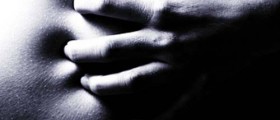


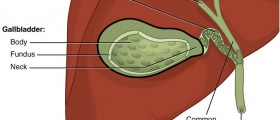


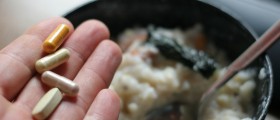
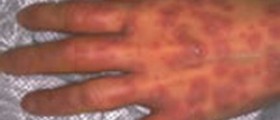
Your thoughts on this
Loading...